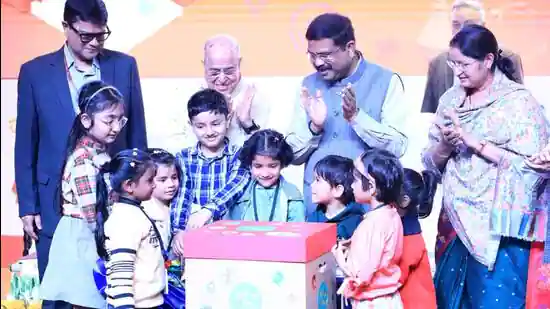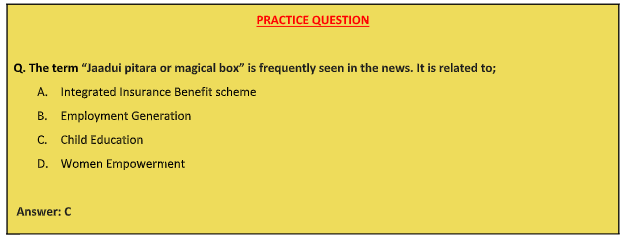Free Courses Sale ends Soon, Get It Now


Free Courses Sale ends Soon, Get It Now



Copyright infringement not intended
Context
Significance of the step
National Curriculum Framework (NCF)
Significance of NCF

Must Read: https://www.iasgyan.in/daily-current-affairs/aser-report-32
© 2024 iasgyan. All right reserved